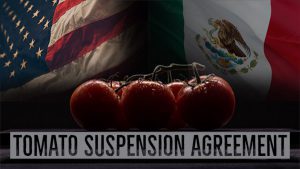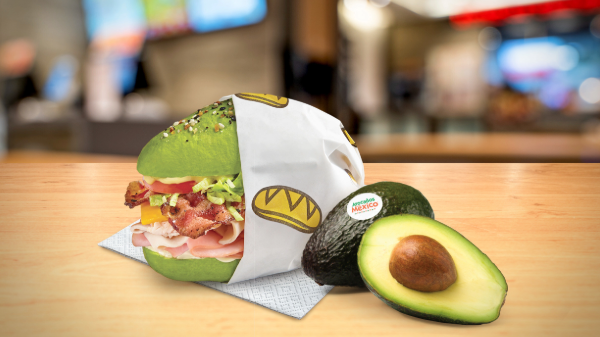Welcome to Blue Book!
Are you ready to join the thousands of companies who rely on Blue Book to drive smarter decisions? View our plans and get started today!
Still have questions? We’d love to show you what Blue Book can do for you. Drop us a line– we’ve been waiting for you.
It is important to remember, however, that the UCC’s influence over PACA decisions is one of guidance, not control. Article Two of the UCC, which is most often cited in PACA decisions, is not produce-specific. It applies generally to the sale of goods between merchants, regardless of whether the goods in question are steel pipes, shoes, or fresh fruit and vegetables. Accordingly, in theory, there may be instances where it would be undesirable to replace PACA judge-made law which is specific to produce, with a more general UCC provision (see discussion of UCC Sec. 2-712 below). Practically speaking, however, there is a great deal of alignment between the UCC and PACA precedent, and in many instances the two work together.
Hand-in-Glove:
§ 2-314 and PACA Precedent
The seller’s warranty of merchantability is often overshadowed by the PACA’s warranty of suitable shipping condition, but the former—which is set forth in UCC Sec. 2-314—plays a key role in some PACA decisions. This warranty tends to come into play in situations where produce sold without a grade is affected by a high percentage of quality defects (as opposed to condition defects, which score against the warranty of suitable shipping condition).
This warranty, as codified in the UCC, promises, among other things, that the goods will “pass without objection in the trade,” be “of fair average quality,” and be “fit for the ordinary purposes.” But while most would agree these characteristics are implied when a produce seller enters into an agreement with a buyer, how can these terms be defined so that produce vendors can know with some certainty whether or not the sales agreement has been breached?
This is an example of PACA industry-specific knowledge working nicely with the UCC to better define the rule for use within the produce industry. In the case of Martori Bros. Distributors v. Olympic Wholesale Produce & Foods, Inc. (1994), PACA held that broccoli affected by 37 percent hollow stem, a quality defect, “can hardly pass without objection in the trade.” This decision and others have helped shape the trading rule that when a buyer can show more than one-third of the product is affected by defects (at the time title transfers), this may be sufficient to establish a breach of the warranty of merchantability. So while the UCC codifies the principle of “implied merchantability,” it is judge-made PACA decisions that bring a degree of certainty to this trading principle.
An Imperfect Fit:
§ 2-712 and Perishables
If there is a danger in relying on the UCC to guide PACA decisions (and the arbitration that PACA decisions influence), it is that the unique perishability of goods traded in the produce industry will not be fully accounted for by provisions drafted for a broad class of goods.
For example, historically, produce buyers could accept defective product and still make a cover purchase following a breach of contract. Imagine a wholesaler needs U.S. No. 1 strawberries to satisfy customer demand, but is willing and able to move fair quality berries as well. When this wholesaler is presented with a shipment of strawberries that does not meet contract specifications but is still saleable, it may be in the best interest of all parties for the wholesaler to make a cover purchase and accept the nonconforming product.








